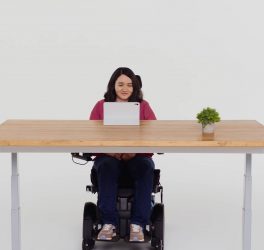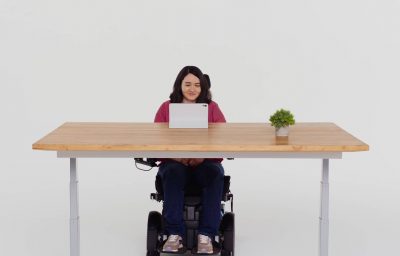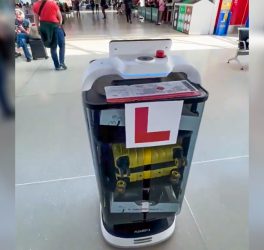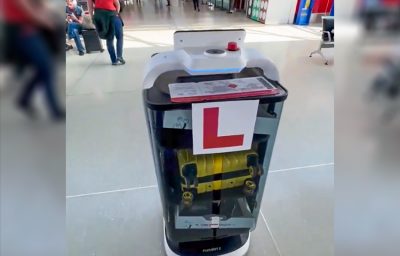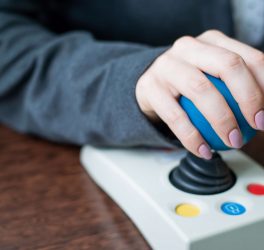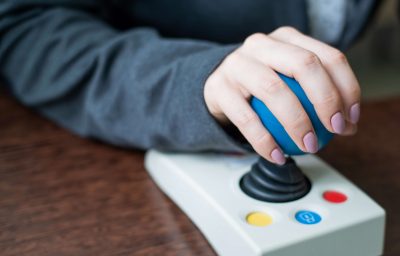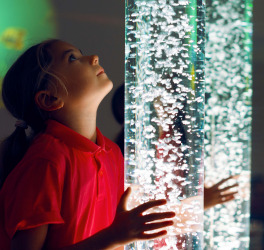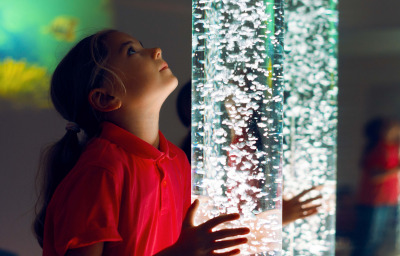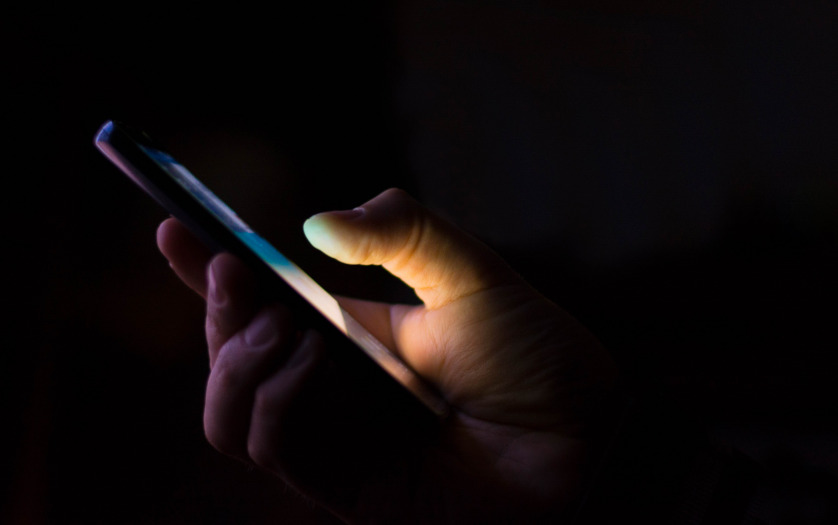
Digital startup Tiimo, which provides visual aids to support people with autism and ADHD, has reached its crowdfunding goal of €340,000, Forbes says.
The Copenhagen-based firm is currently running an investment campaign on crowdfunding platform Seedrs and is overfunded by 107%, having raised €366,000 of funds.
It’s also received personal investment from the founders of the $1 billion Nordic edtech company Kahoot, Jamie Brooker and Johan Brand, as part of a wider €625,000 funding round.
With this investment, Tiimo hopes to increase its subscriber base to 10,000, expand its presence in English-speaking countries and further develop the product over the next two years. Founded in 2015, the firm is on a mission to innovate the process of diagnosis and treatment in ADHD and autism. It has developed an iOS and Android app that helps users comprehend time and maintain routine daily.
According to Tiimo, the current diagnosis and treatment process for autism and ADHD is “complex and largely analogue”. The firm said it wants to change things by “using machine learning to collect and analyse real-time feedback on users’ daily mood, routines and symptoms to recognise positive and negative patterns”.
Since launching five years ago, the app has been named the “Best Social Impact Startup in Denmark” by Nordic Startup Awards and been downloaded more than 20,000 times by users in 55 countries.

